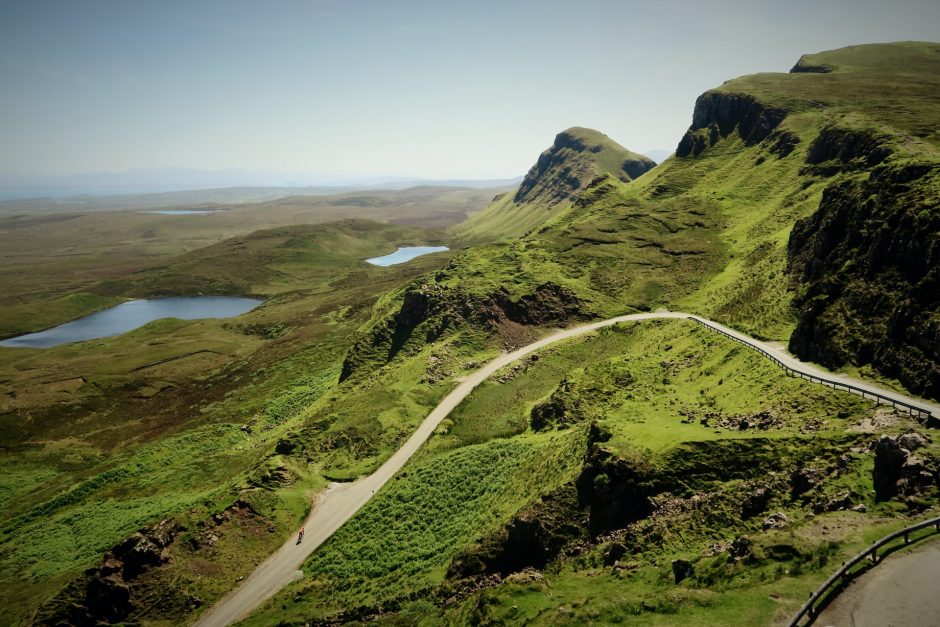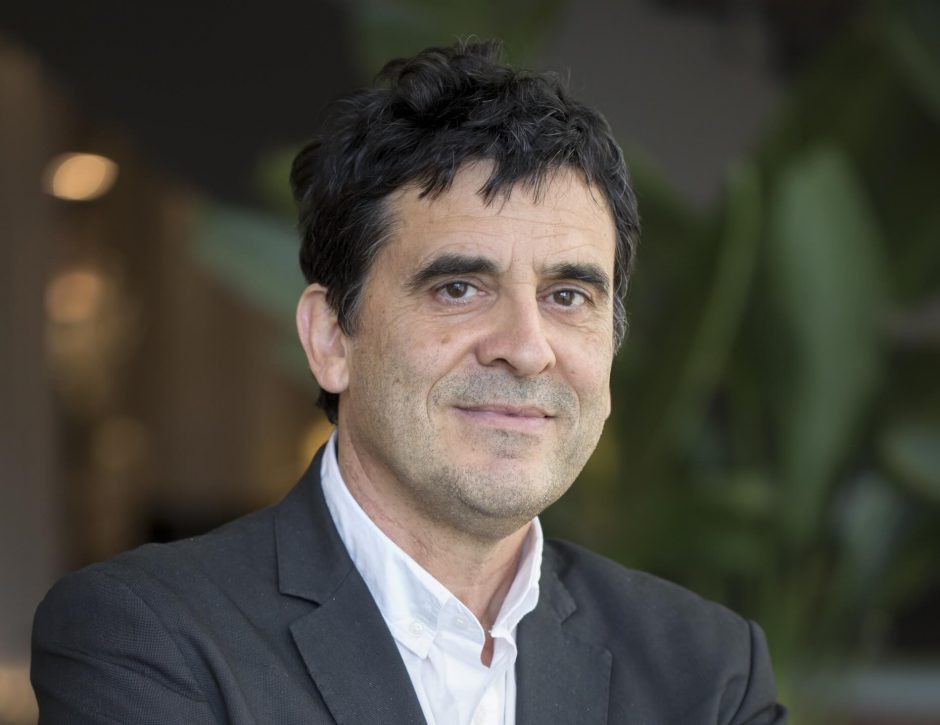Daniel Zimmer, Climate KIC Director of Sustainable Land Use, on the Landscapes as Carbon Sinks Deep Demonstration

Landscapes as Carbon Sinks is one of eight Deep Demonstrations launched by Climate KIC, which together offer examples of the ambitious, “1.5°C-consistent systems transitions” called for by the IPCC reports, climate scientists, activists and European policymakers. We interviewed Daniel Zimmer, Climate KIC’s Director of Sustainable Land Use, about how the Deep Demonstration is using a systems approach to reduce emissions from land use, increase resilience to climate change and foster the sustainable use of natural resources.
With massive protests worldwide, citizens are calling for climate action and systemic change. Working within the Landscapes as Carbon Sinks Deep Demonstration, do you find there’s political will for climate action as it concerns land use?
“Yes, I think the Paris Agreement triggered something big as far as land use transformation. Because before, most of the conversation on climate change was focused on energy efficiency, reduction of emissions related to energy—transport, buildings, etc. But what changed with the Paris Agreement was the introduction of what is happening in land use, the importance of forests for their ability to capture and store carbon from the air and for biodiversity.
And this is just the beginning, because land is not only a carbon sink but it’s also a provider of biomass. Biomass is stored carbon, like wood. I anticipate that, progressively, people advocating for a zero-carbon society will understand there’s still a need for carbon, but for carbon from biomass. Afterall we, as humans, contain carbon! So we will never completely get rid of it. What we need isn’t a zero-carbon society but a zero-fossil fuel society. We need to differentiate between these two things.”
Which specific land use issues does the Deep Demonstration address?
“Because we’re using a systemic approach, we’re looking at land use in a holistic way—considering all the connected parts of the system. There’s a tendency to only look at productive activities on land, such as agriculture and deforestation for timber, because they generate money and contribute to the economy. But it’s also important to consider other forms of land use, especially ones that contribute to carbon sequestration, like forest, peatland and wetland conservation, tree planting, soil regeneration, etc. Finding the right balance between these activities will better enable mitigation and adaptation to climate change while also promoting a healthy, just and prosperous future for society.
What is unique about Landscapes as Carbon Sinks is it actually addresses a number of critical issues—not just carbon. It also investigates what type of food we should grow, as well as explores questions about what to do with the forest—should it only be used as a carbon sink? Or should we also harvest trees for wood to be used in construction, and especially, as a substitute for high-emissions materials like cement, brick and steel?”
Why is it important to consider the local context (e.g. culture, people, ecosystems, etc.) and how does the Deep Demonstration achieve that?
“Of course, land isn’t just an ecosystem of non-humans, it’s inhabited by people too. And the inhabitants need to be involved in the way land is used in their region. So, one of the most important things the Deep Demonstration has been doing is organising stakeholder meetings to understand their motivations, the barriers to transformation and how the stakeholders should coordinate their activities. All of this is very difficult, and you need to build trust between everyone involved.
On the other hand, there needs to be a jurisdictional approach; there are key political actors involved in the process. For instance, in Scotland, our ‘challenge owner’—the entity looking to transform land use that we’re supporting with the Deep Demonstration model—is the Scottish Land Commission. And their role, among other things, is to mobilise the stakeholders to work together on the transitions necessary for a 1.5°C-consistent society.”
What impacts do you expect the Deep Demonstration to have?
“The main impact that’s expected is offering clear support to the government of Scotland, in the preparation, revision and implementation of their carbon neutrality plan. Scotland has set a target to be carbon neutral by 2045, which is five years ahead of the rest of Europe. This is partially made possible because of the excellent capacity of Scottish forests and peatlands to contribute as carbon sinks.”
What are some land innovations you’re excited about or some trends you’re noticing?
“One of our key interests is the forest sector. The forest sector has a lot of potential: You can plant trees but you can also produce wood for construction. But, as I mentioned above, it’s crucial to find the right balance between using the forest as a carbon sink and extractive activities.
A lot of companies are interested in a holistic view, such as the one we offer, and are motivated to make land use more sustainable. In the UK, there’s an initiative called the Landscape Enterprise Networks (LENs), which mobilises business goals—such as resilient crop production, flood risk, carrying capacity of water catchments, management of carbon or biodiversity, workforce health and quality of life—and connects companies with common interests, enabling them to co-procure sustainable organisations to help them reach these goals.
And then there are public entities. In Scotland, there’s the Scottish Environment Protection Agency (SEPA) which is also providing a platform to connect companies with a desire to implement sustainability measures and the people-on-the-ground who can implement them.
In many cases, the challenge to land transformation is combining public funding with public support in an integrated way, so this multi-stakeholder approach is really a pioneering effort by the UK and Scotland.”

